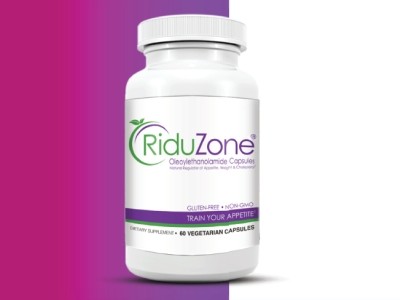Special edition: Weight Management
Vox Pop: Weight management supplements aren't just 'weight loss pills,' but do consumers know that?
Weight management supplements come in many forms—capsules, shakes, nutrition bars—designed to help with many functions, such as create a sense of satiety or provide energy to exercise.
But a person-on-the-street interview NutraIngredients-USA conducted recently revealed that the category’s reputation may have been marred by the high publicity surrounding ‘miracle weight loss pills’ of the aughts, specifically the brands that peddled outlandish results.
“I don’t believe that they’re true,” one respondent said. “They show you a picture of somebody that wears a size 2, and if you wear a size 22 they make you think you can look like that in six weeks.”
Euromonitor, a market research firm, estimated the category to be worth $5.4 billion in 2017, looking specifically at US sales. The firm includes meal replacement, weight loss supplements, over-the-counter obesity, and slimming teas in its definition, but excludes meal plans like Weight Watchers or jenny Craig.
The same market data showed growth tapering off. While the historic period growth between 2012 and 2017 saw a compound annual growth rate (CAGR) of 2.3%, Euromonitor projected it to be only 0.3% to 2022.
Holistic health over just weight loss
Weight management claims that do attract consumers tend to be those that go hand-in-hand with other functions, such as energy or muscle building.
That’s the case for supplements in the sports nutrition category, one that hit $7.4 billion with a CAGR of 7.1% in the period between 2013 and 2016, and is forecasted for continuous strong growth, per Euromonitor data.
Analyzing internet and social media noise revealed that Millennials, a generation with the strongest buying power in the US, have a negative view on weight loss supplements in the form of pills or capsules, according to research by CBD Marketing, a Chicago-based agency.
“In the late 1980s, early 90s, there was all this ‘fat-free’ and concern about weight, how much you weigh,” Sarah Flagg, senior account executive at CBD Marketing, told NutraIngredients-USA at last year’s SupplySide West show. “With Millennials it’s different, it’s more about how your feel, and how what you’re eating makes you feel.”
For consumers in this generation, supplements in powder or beverage form come with a much more positive glow, she added. “I think it’s a combination of—they just don’t want to take pills, and they find taking green superfood powders, protein powders, even like diuretic probiotic powders, a lot easier for them to handle.”
She added: “[Powders] are a lot less scary. If you put it in a smoothie, it’s not scary anymore, but taking a pill, there’s a negative connotation.”
















